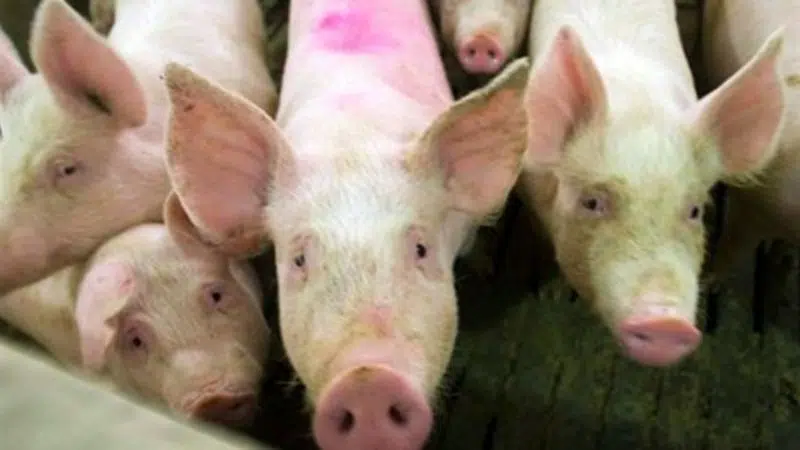
Industry discusses strategies to stop pig virus
Canada is ready to go to battle to prevent African Swine Fever (ASF) from entering the country.
The House of Commons agriculture committee met this morning to discuss ASF and strategies to keep it out of North America.
The virus is harmless to humans but deadly to pigs. There is no cure or vaccine.


